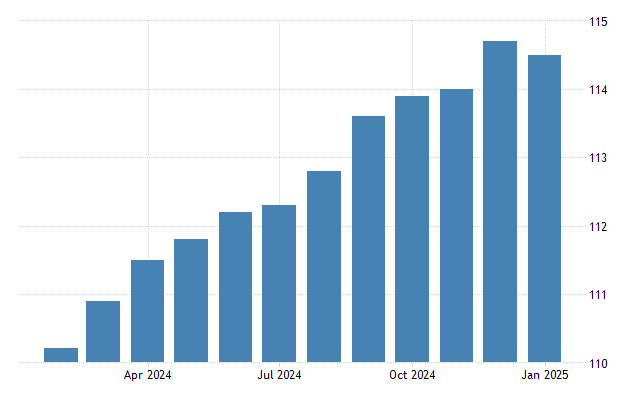Cameroon is ranked sixth among African countries with the highest cost of living in mid-2025, according to a recent report by Business Insider Africa. The country’s cost of living index stands at 36.2, placing it above Mauritius, Rwanda, and Zimbabwe, but behind nations such as Nigeria and Ivory Coast. While the figure reflects relative affordability in rent compared to Western nations, the high prices of basic goods and services continue to strain household budgets across urban and semi-urban centres.
The new ranking underscores Cameroon’s persistent economic challenges, which have worsened in recent years due to multiple domestic factors. Among these, the armed conflict in the North West and South West regions plays a critical role, disrupting food production and inflating prices in major cities such as Douala and Yaoundé. These two regions serve as key food baskets for the nation, and continued insecurity has significantly affected both agricultural output and the transportation of goods to urban markets.
Cameroon also holds the highest Restaurant Price Index in Africa in 2025, according to The Southern African Times. In cities like Douala and Yaoundé, meals can cost between 2,500 and 6,000 XAF, significantly higher than in many other African countries. This is attributed not only to the sophistication of urban dining culture but also to increased operational costs borne by businesses that rely on increasingly scarce and expensive ingredients.
According to data from the National Institute of Statistics, Cameroon’s Consumer Price Index (CPI) dropped slightly to 114.50 points in January 2025 from an all-time high of 114.70 in December 2024. The index has averaged 91.43 points since 2012, with a historic low of 78.97 points recorded in February 2012. This recent peak in CPI indicates that the cost of goods and services has never been higher in the country’s recent history, even with the slight decline observed at the start of the year.
Compared to previous years, Cameroon’s cost of living has been on a steady upward trajectory. In 2023, the country was not ranked among the top ten on most African cost-of-living indexes. The current sixth-place position in 2025 marks a shift and suggests a deepening pressure on consumer spending and household stability.
Observers link part of this trend to the prolonged conflict in the Anglophone regions. Farmers and food producers in the North West and South West face threats to their safety and limited access to their farmlands, leading to reduced yields. In addition, truck drivers transporting food to central markets often encounter roadblocks, extortion, and violence, which increase transport costs and delivery times. These additional burdens are transferred down the supply chain, ultimately reaching consumers.
Despite these challenges, overall cost of living in Cameroon remains lower than in Western countries. For example, according to Exiap, it is around 47.5 percent lower than in the United States when rent is included. Still, many Cameroonians feel the squeeze, especially in urban areas where wages have not kept pace with rising prices.
As inflationary pressures persist, economists are calling for targeted policies that can ease food supply disruptions and support agricultural productivity, particularly in conflict-affected regions. Without substantial intervention, Cameroon risks further price hikes that could deepen economic hardship and social tension across the country as presidential elections draws near.
By Bakah Derick with reports
Email: hilltopvoicesnewspaper@gmail.com
Tel: 6 94 71 85 77




